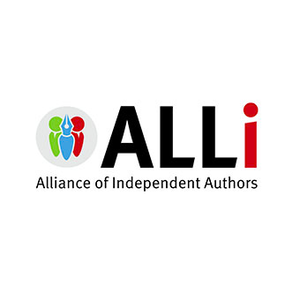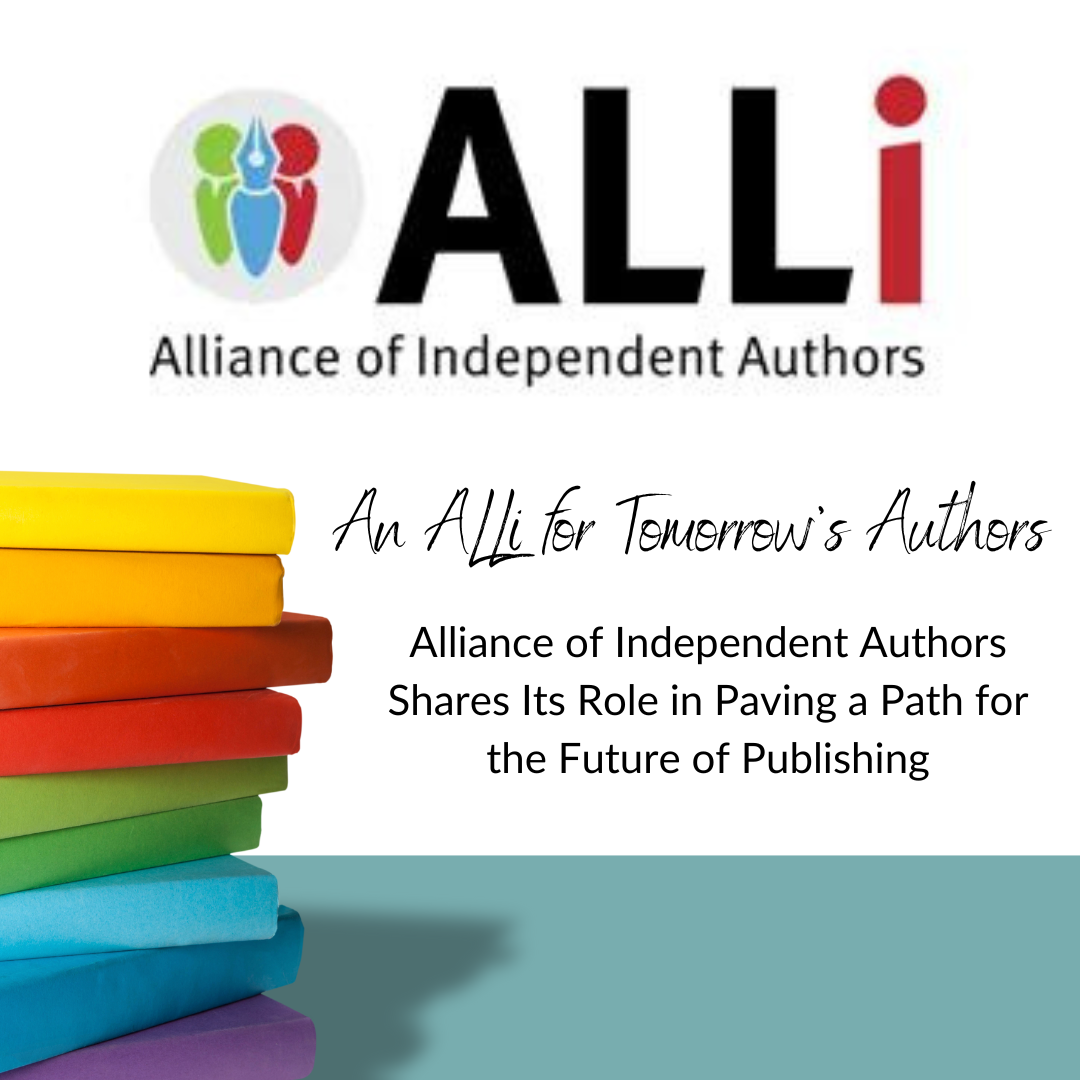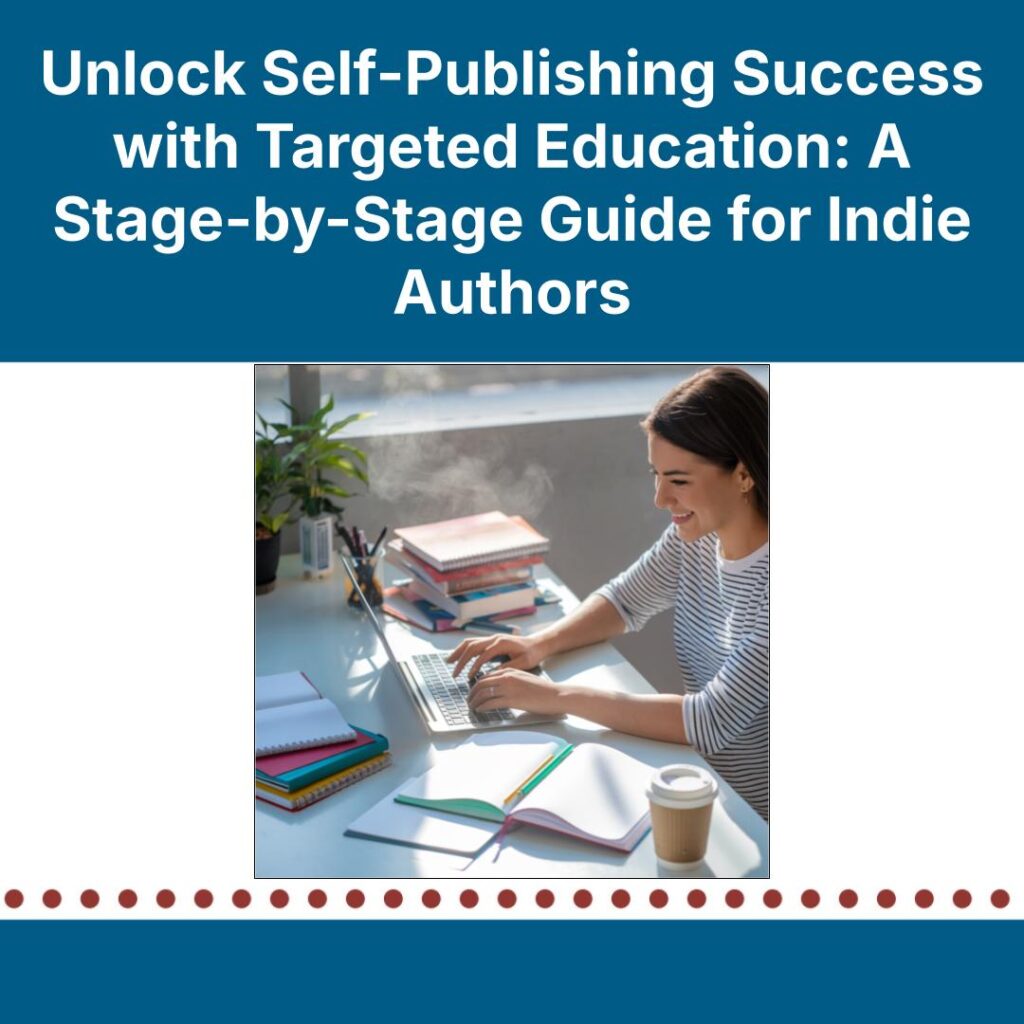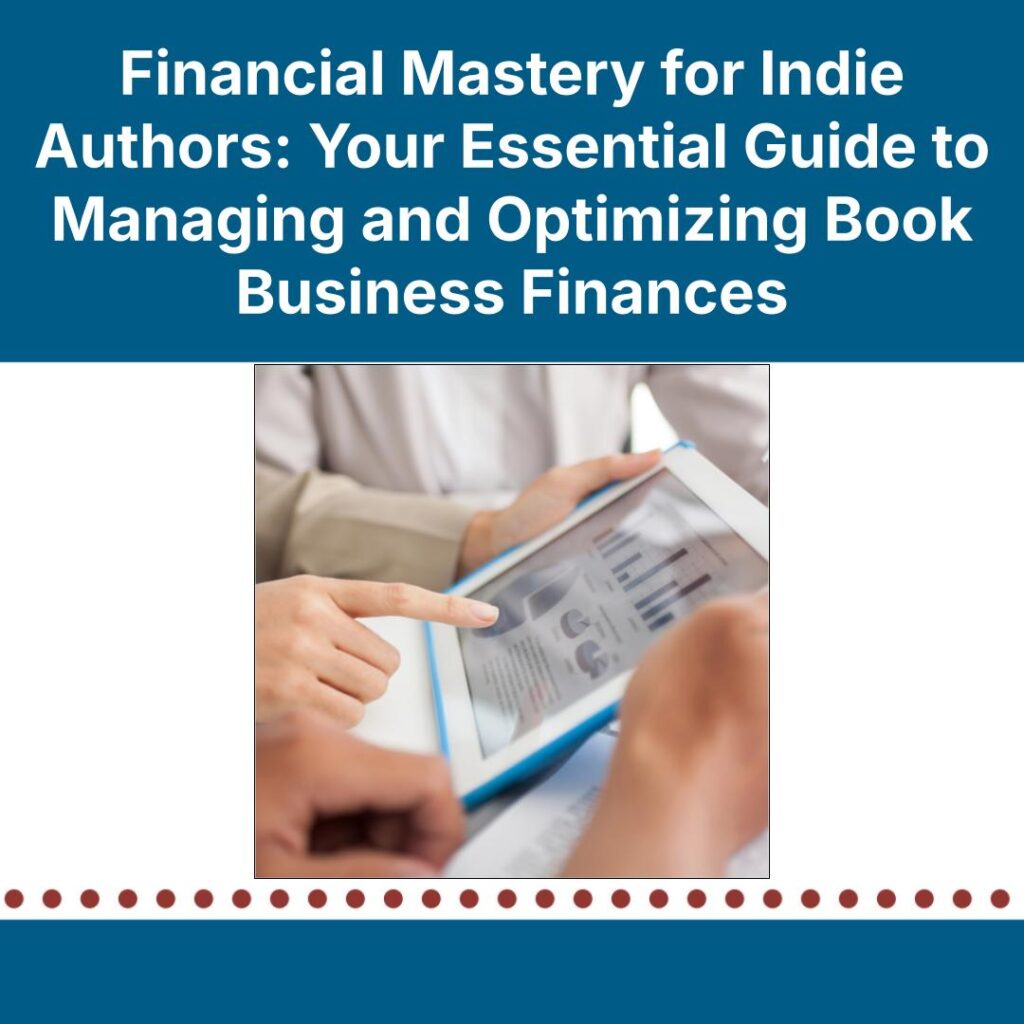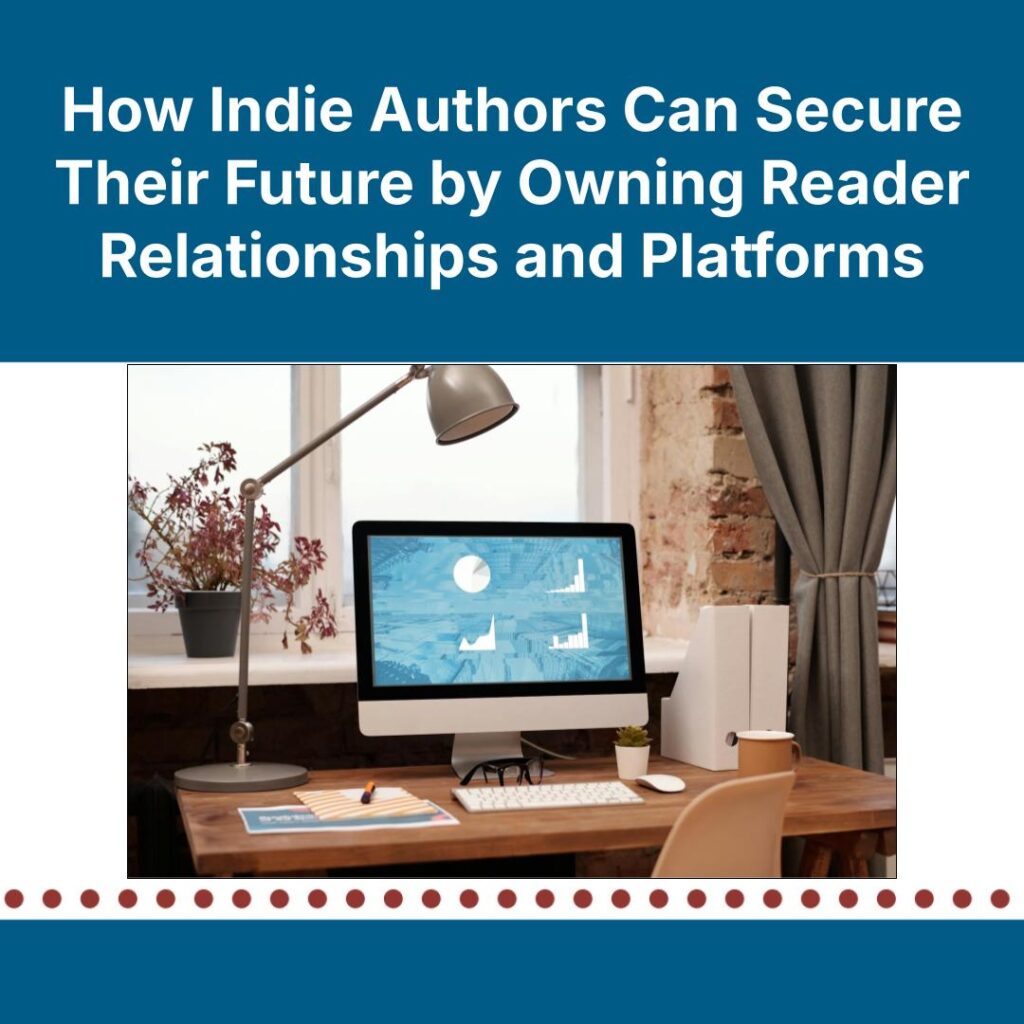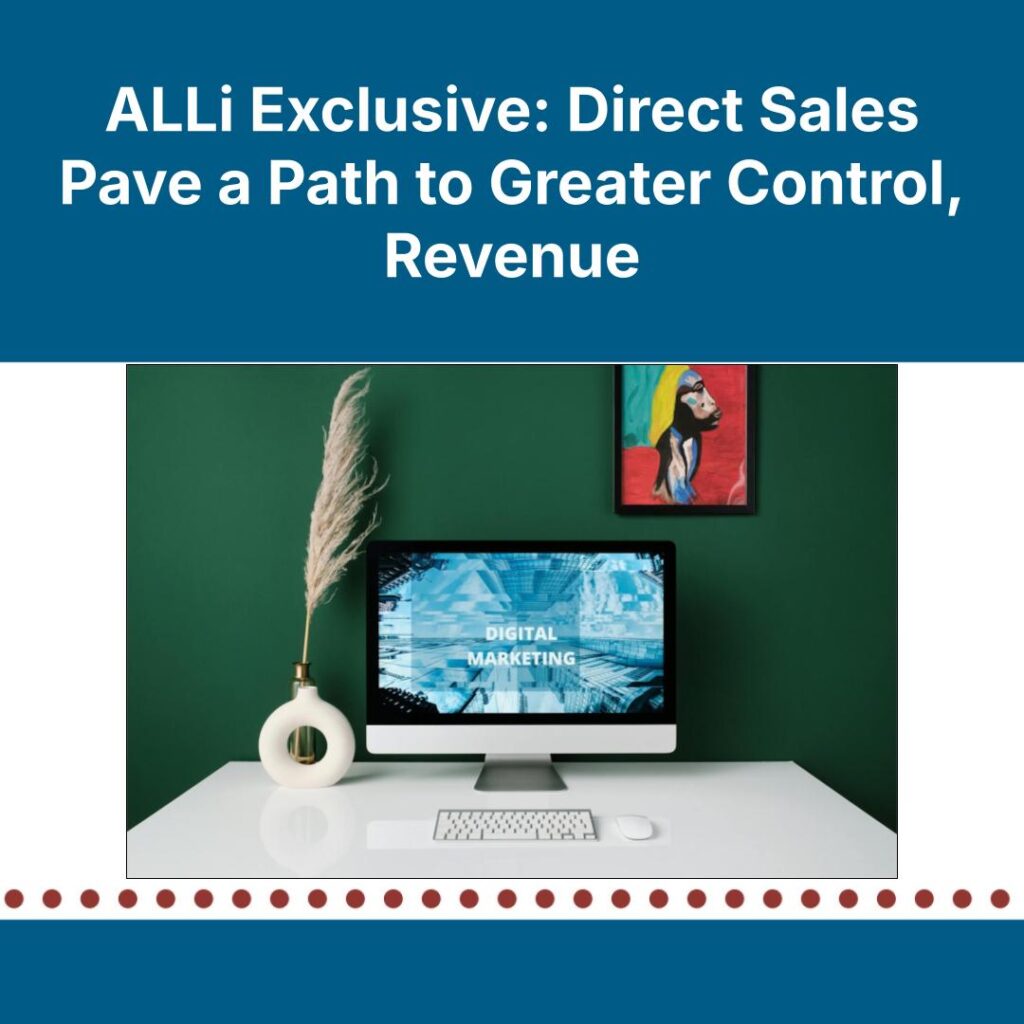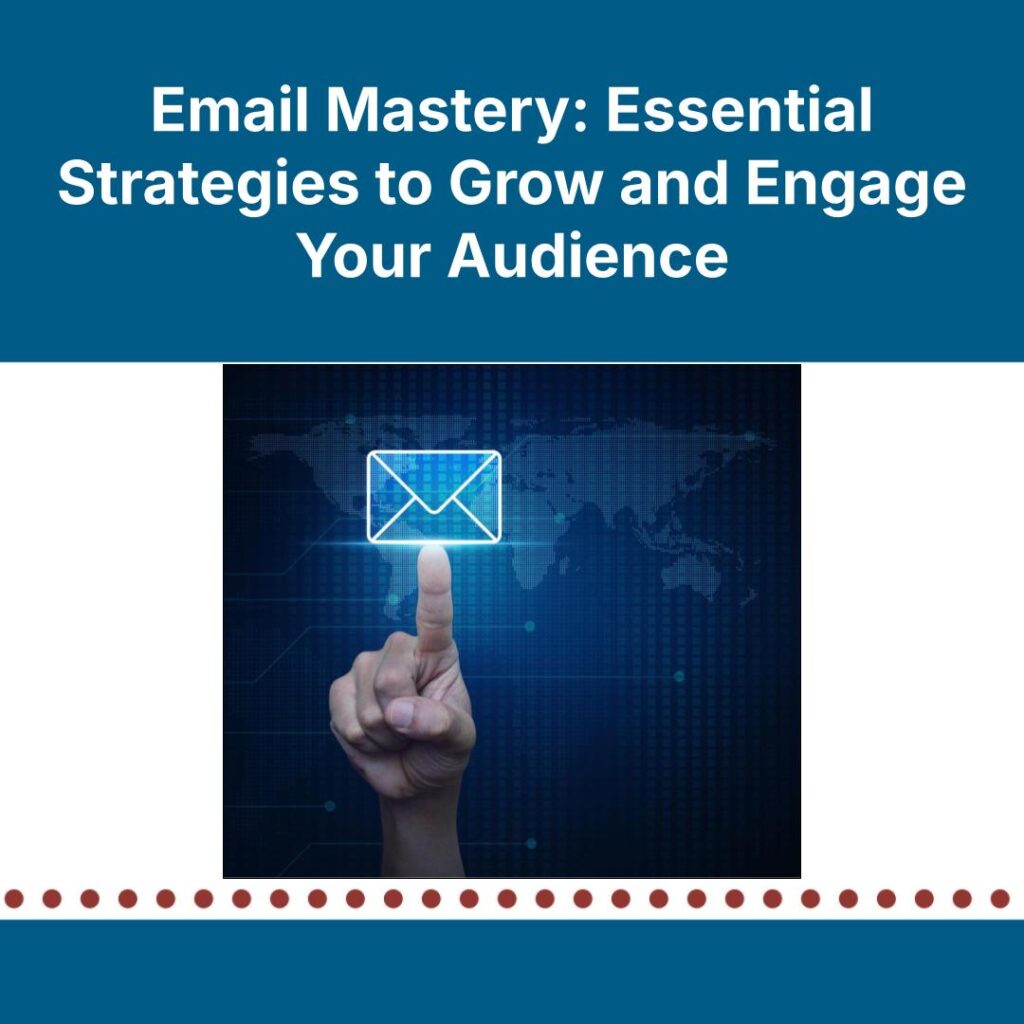At the Alliance of Independent Authors (ALLi), the global association for professional self-publishers, one of our ongoing campaigns is what we call Self-Publishing 3.0, or SelfPub3 for short.
The seismic shifts that the self-publishing sector has seen over the past two decades have all been driven by technology. SelfPub1 was the era of desktop and internet publishing. SelfPub2 saw the widespread adoption of digital e-books, audiobooks, print-on-demand, and e-commerce through digital publishing. Now we are in the era of SelfPub3.
Built on Web3—the “semantic web” of machine-driven intelligence, able to collate and interpret big data into digestible knowledge and usable tools—SelfPub3 has given rise to the following concept and campaign for ALLi:
- the concept that Web3 tools and technology makes it possible for any author with the requisite skills to create a good business from books; and
- the campaign for encouraging authors to embrace four drivers that make for good author-publishing business: direct sales, non-exclusivity, selective rights licensing, and author collaboration. These four SelfPub3 drivers have already begun to trend in the self-publishing community.
Future of Publishing Trends
Here is ALLi’s vision of these expected trends and how we’re adapting to the needs of our members in the SelfPub3 era and beyond.
1. Non-exclusivity
ALLi has always encouraged authors to adhere to the principle of non-exclusivity, making their books available to as many readers, in as many formats, and across as many territories as possible. This is often referred to as “going wide” in self-publishing, and ALLi expects wide to become the majority experience for indie authors.
Opting for exclusivity, whether through traditional publishing contracts or platforms like KDP Select, undeniably limits one’s reach. Although it might be the right path for a time, or for a particular book, it is a risky strategy. Amazon's Kindle Unlimited (KU) has been a boon for many, offering a vast audience and the potential for significant, sometimes life-changing, earnings. However, Amazon’s fluctuating algorithms, changing rules around page reads, category adjustments, and account closures have impacted many other authors’ revenues adversely.
ALLi will continue to advocate for non-exclusivity on the basis that spreading distribution across various platforms and channels not only reduces risks but also increases visibility and reaches across reader bases.
2. Direct Sales
As SelfPub3 unfolds, more authors are now treating their websites as the hub of their author business, with other retail outlets feeding in. Selling direct is not just about having a transactional, sales-centered author website but also about setting up the marketing and promotion processes to support that.
As well as encouraging all members to have a transactional website, ALLi has also been at the forefront of exploring and explaining blockchain as a transparent, decentralized alternative to traditional sales channels. ALLi has a dedicated blockchain advisor and provide a regularly updated guide, titled Authors and The Blockchain, which is available at https://selfpublishingadvice.org/bookshop.
3. Selective Rights Licensing
Hybrid authors are those who have traditionally licensed all rights on some titles to third-party publishers while self-publishing others. ALLi encourages indie authors to adopt the principle of selective rights licensing instead.
Every book represents several sets of potential rights that can be traded by license: film, TV, international editions, translations, stage adaptations, and merchandising, as well as publishing rights. Selective rights licensing means offering only those rights that a rights buyer has the ability to exploit. It also means limiting the term and the territory of the license.
ALLi’s guidebook How Authors License Rights is a comprehensive guide to the rights arena. We also work with a dedicated literary agent, partner with rights service DropCap, and offer contract advice for members.
4. AI in Author Publishing
AI is revolutionizing publishing, and AI tools can assist indie authors with a multitude of writing and publishing tasks, from generating text and images to proofreading and copyediting and finding tools for book marketing.
Whenever we see technological advancements across history, we see human creativity rising and expanding, unfolding excellence. But AI is a divisive topic in the indie author community. Some authors have leapt in to take full advantage of the tools while others are deeply concerned about ethics and outcomes for authors, narrators, designers, and other creatives.
After an open and assessed conversation with our members, advisors and other interested parties, ALLi has developed some practical and ethical guidelines to AI for authors, which can be found at https://selfpublishingadvice.org/ai-for-authors-guidelines.
5. Author Collaboration
When indie authors talk about comp authors, we mean comparable and not competitive authors, and we work on the principle of “co-opetition”—cooperating with other authors so that both parties benefit—rather than competition.
It’s no surprise that author collaboration is on the rise in the indie community, and we expect that to continue. When authors collaborate, we benefit in many ways. From a writing perspective, having a partner or a team can provide motivation and accountability, keeping us focused and productive, and we can learn new techniques, strategies, and perspectives from one another.
Collaborative publishing projects allow for the division of costs, such as the expenses involved in marketing, hiring editors, cover designs, and distribution, which can lead to higher productivity, more published work, and an expanded brand and presence.
At ALLi, authors collaborate for advocacy reasons as well. We’re stronger together, whether we’re negotiating with service providers and platforms, pushing back against unfavorable practices, implementing codes of standards, or advocating for fair payment and treatment.
As new self-publishing tools emerge, so does the need for new standards and best practices. ALLi is taking a leading role in ensuring that authors’ rights as users, readers, and copyright owners are respected. New technologies must respect the established precedent of no use without payment, and new tech must not erode or undermine authors’ established rights.
ALLi’s Copyright Bill of Rights, which can be found in the ALLi bookshop, outlines eight fundamental rights for the global author in a digital world.
Growing Author Confidence and Income
As the cap-in-hand, publish-me-please mindset fades in the author community, and as more of us take up the challenge of publishing independently and create successful author businesses, author confidence will continue to expand. And author incomes along with it.
A recent ALLi survey into indie author income found that self-publishing authors earn more, like for like, than authors with an exclusive trade publisher, and author incomes are on the rise. We expect that to continue.
The authors who benefit most from growing opportunities are those with an independent, creative, and empowered mindset. ALLi looks forward to informing, advising, aiding, and championing such authors through the era of SelfPub3 into SelfPub4—and beyond.
The Alliance of Independent Authors (ALLi) is a global membership association for self-publishing authors. As a non-profit, our mission is to preserve ethics and excellence in self-publishing.
We offer advice and advocacy for self-publishing authors within the literary, publishing, and creative industries around the world. Find out more at https://allianceindependentauthors.org.
